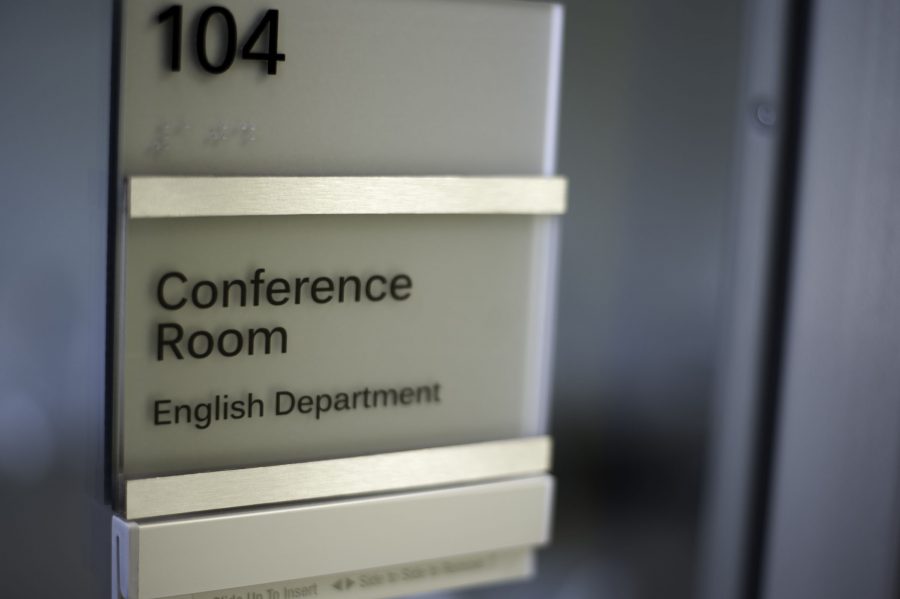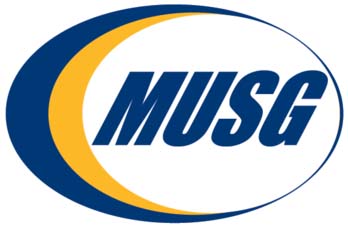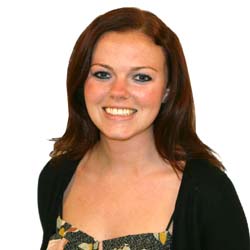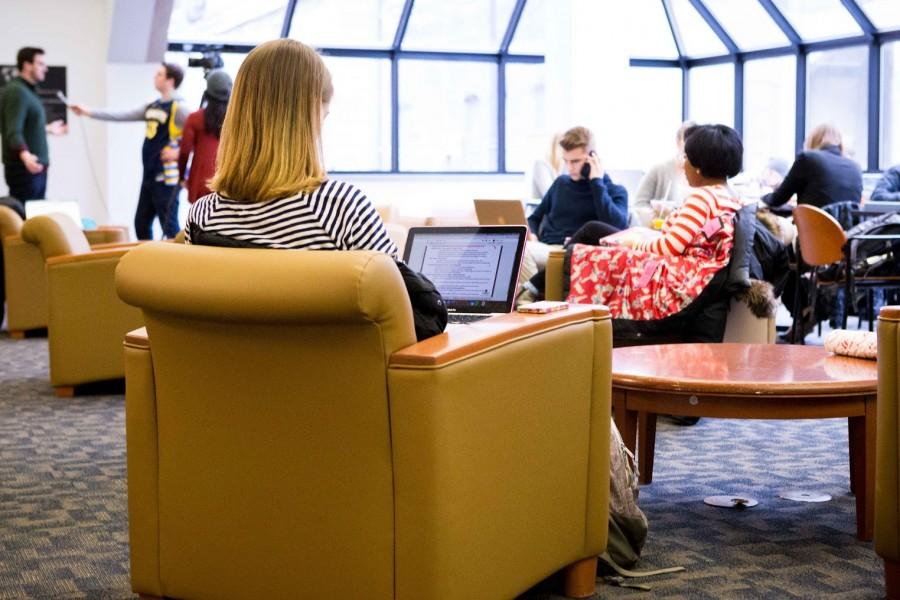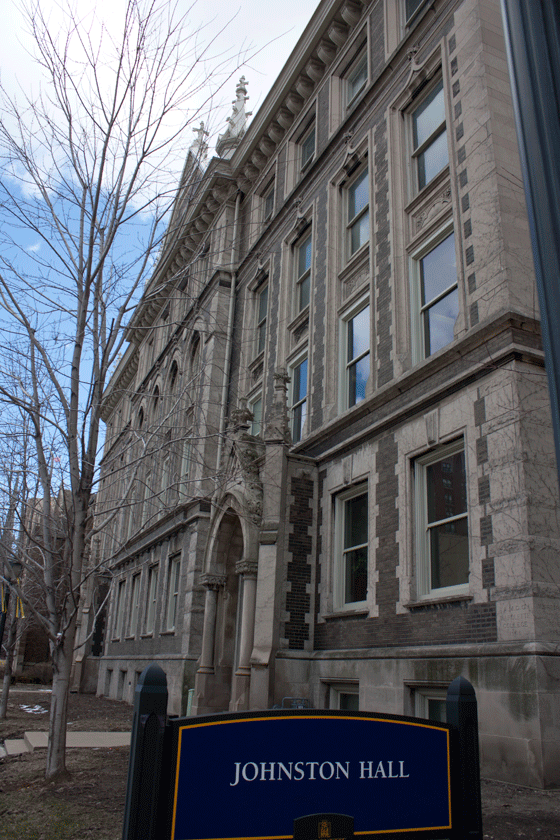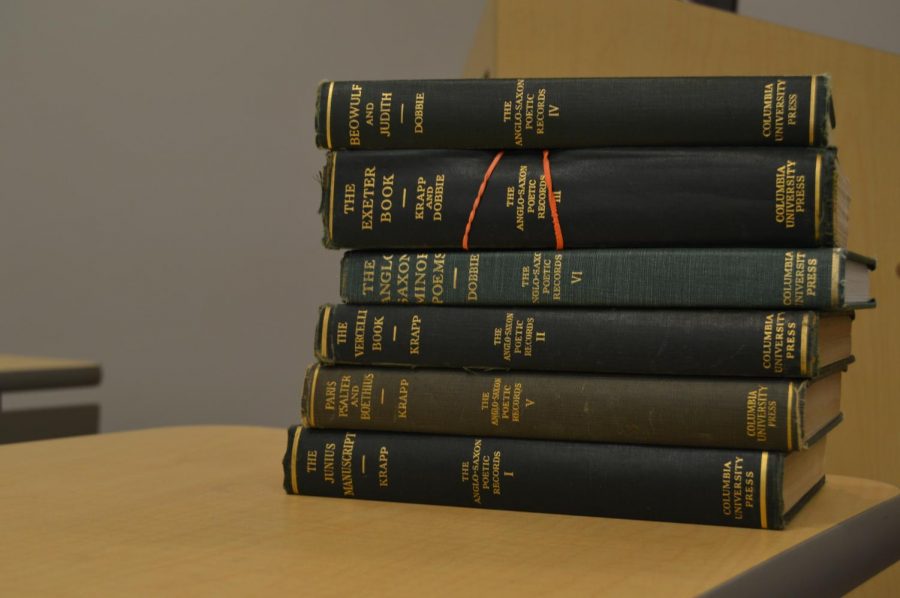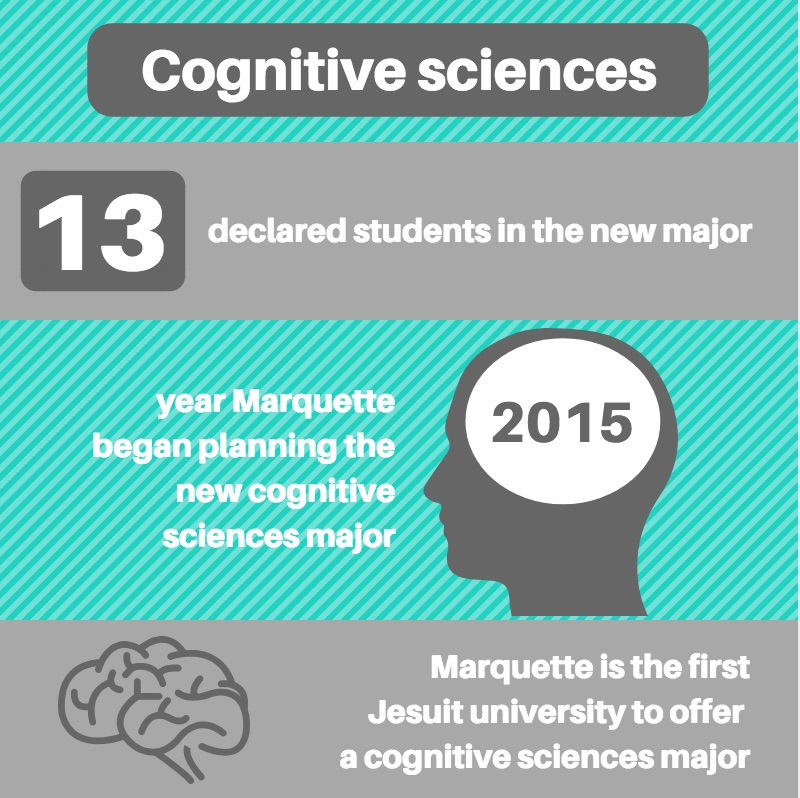The first-year English program at Marquette recently announced new changes in its curriculum to fit the new Core of Common Studies learning outcomes.
Jenn Fishman, the program director of first-year English, hosted two information sessions last week in which she described the curriculum changes to the program.
Fishman said the main difference in the program is the choices given to students in regarding research.
“In both (English) 1001 and 1002, students choose the research questions they will pursue for extended projects, which means students have two opportunities to research, read, and write about issues that interest them in any – and every – discipline,” Fishman said.
Fishman emphasized the importance of undergraduate research experience. She pointed out that the Association of American Colleges & Universities identified undergraduate research as a “high-impact educational practice.”
Fishman also said that students in English 1002 will have the opportunity to incorporate their research into a multimodal version to present their findings.
“Last year, when we piloted the new curriculum, students created board games, videos, murals, digital maps, and info graphics to remix topics as diverse as understanding food labels, recognizing the economic impact of anti-immigration legislation on Wisconsin communities, changing high school start times, the devastating legacy of U.S. foreign policy in Iran and more,” Fishman said.
Some students, such as Sarah Toomey, a freshman in the College of Nursing, said they are excited about the multimedia aspect of the change.
“I haven’t had any assignments that have given me the chance to really do a video or multimedia presentation yet,” Toomey said. “But I do like that they are going to integrate that.”
Toomey also said she is happy about the flexibility given to students in choosing research subjects under the new curriculum.
“I prefer writing when I’m given freedom and free range with creativity, so I find the change to be nice,” Toomey said.
When asked what spurred these curriculum changes, Fishman mentioned the ever-changing methods of communication in today’s world.
“Today’s literacies are greater than writing, orality, and visuality,” Fishman said. “Today’s literacies include mash-ups of available media and modes of communication, and first-year English should follow suit.”
Bridget Naughton, a senior in the College of Business Administration, thinks the new multimedia opportunities available for first-year English students will provide valuable experience for future jobs.
“Knowledge of multimedia is crucial in a lot of modern careers,” Naugton said. “It will benefit students to have multimedia experience on their résumé.”
Fishman also referenced the fact that Marquette’s first-year English curriculum had not been significantly changed in almost 10 years.
“Over that time writing has changed a great deal, Marquette students have changed as much if not more, and what scholars know about writing and writing instruction has also changed,” she said.
According to Fishman, the importance of the first-year English program in making proficient writers cannot be overstated.
“Sometimes we take writing for granted since it is everywhere, and we use writing for everything we do,” Fishman said. “Yet writing well and using writing well for various ends is something that takes a great deal of work. First-year English gives every student a chance to engage in that work, and I have yet to meet someone who would not benefit from that kind of opportunity.”

